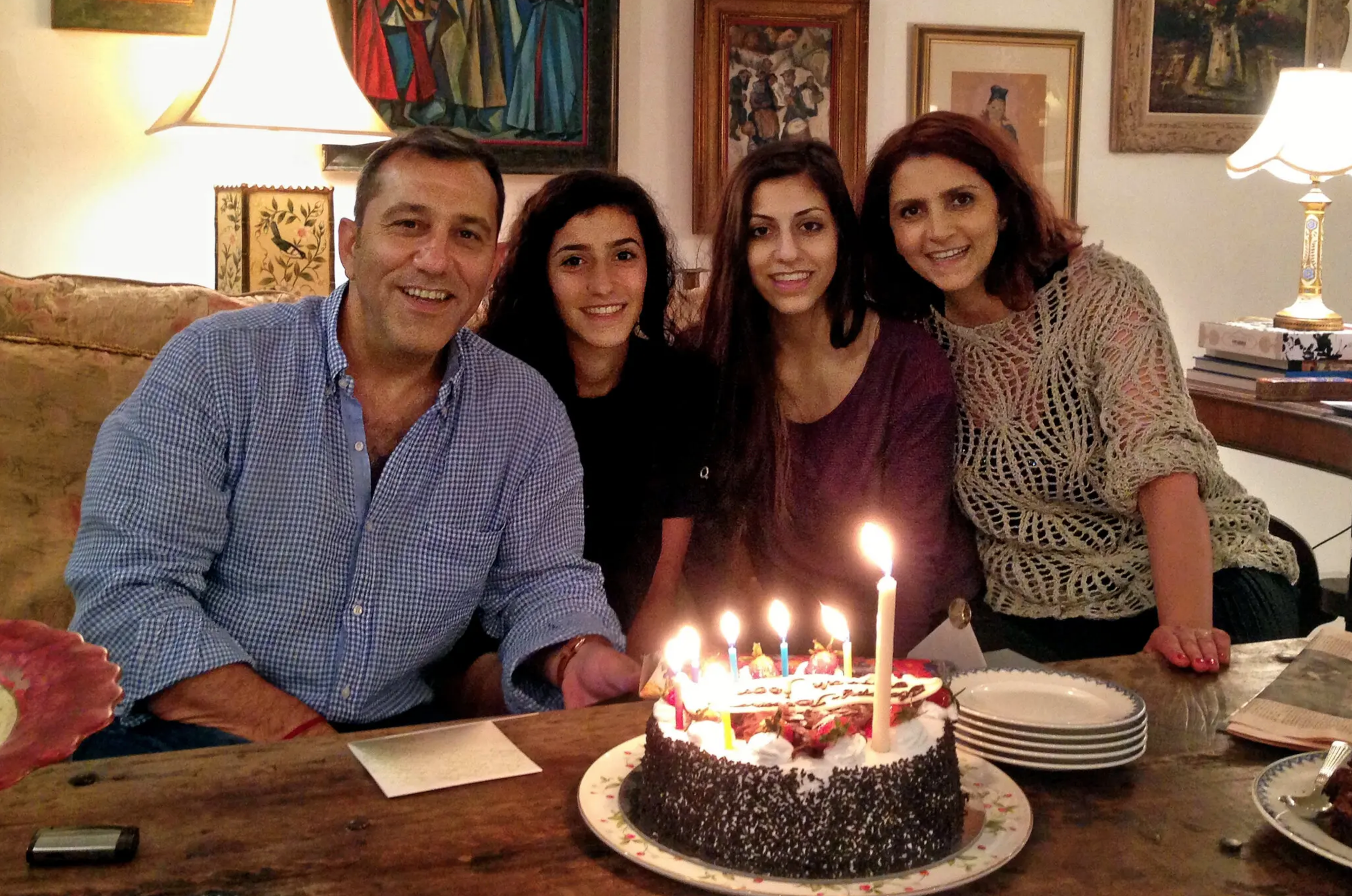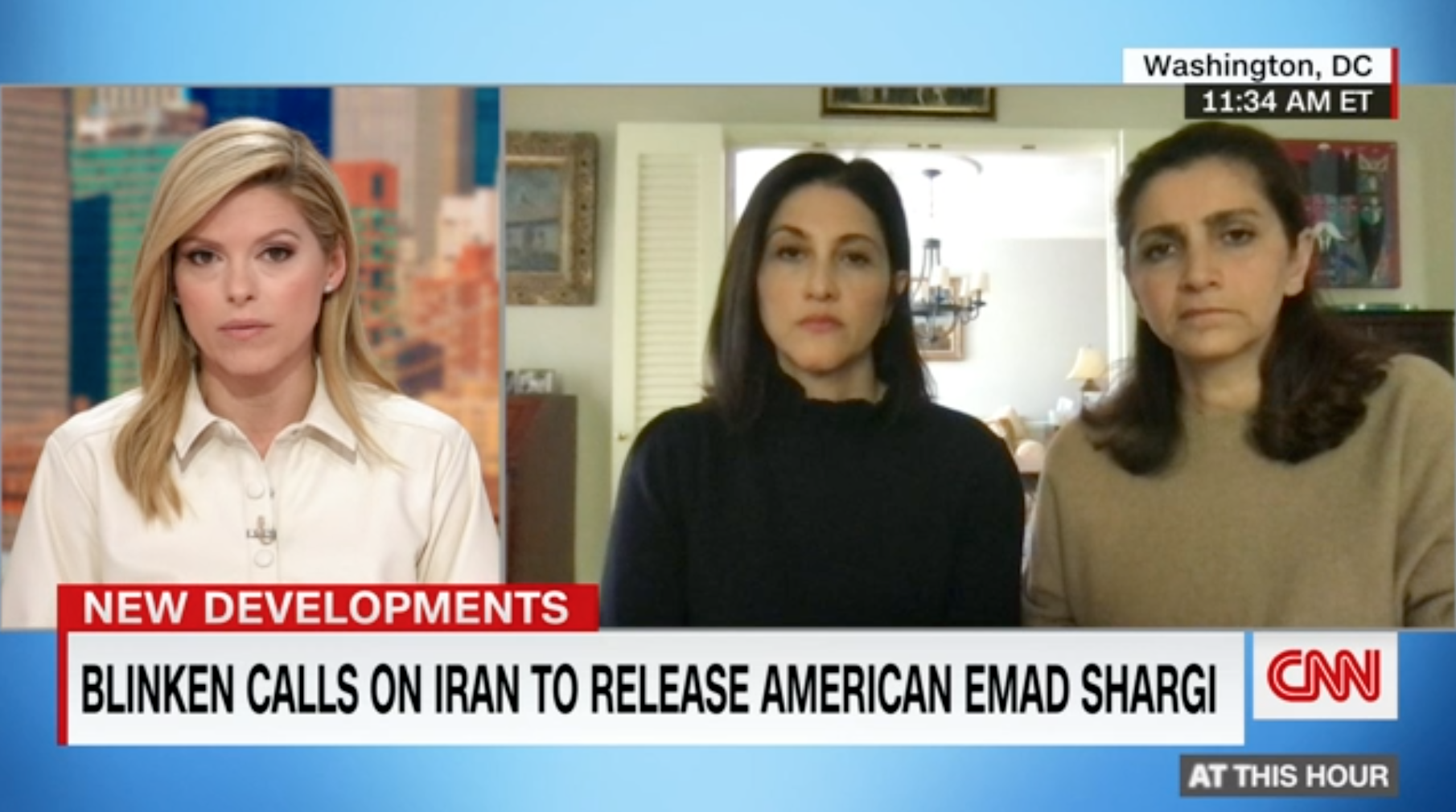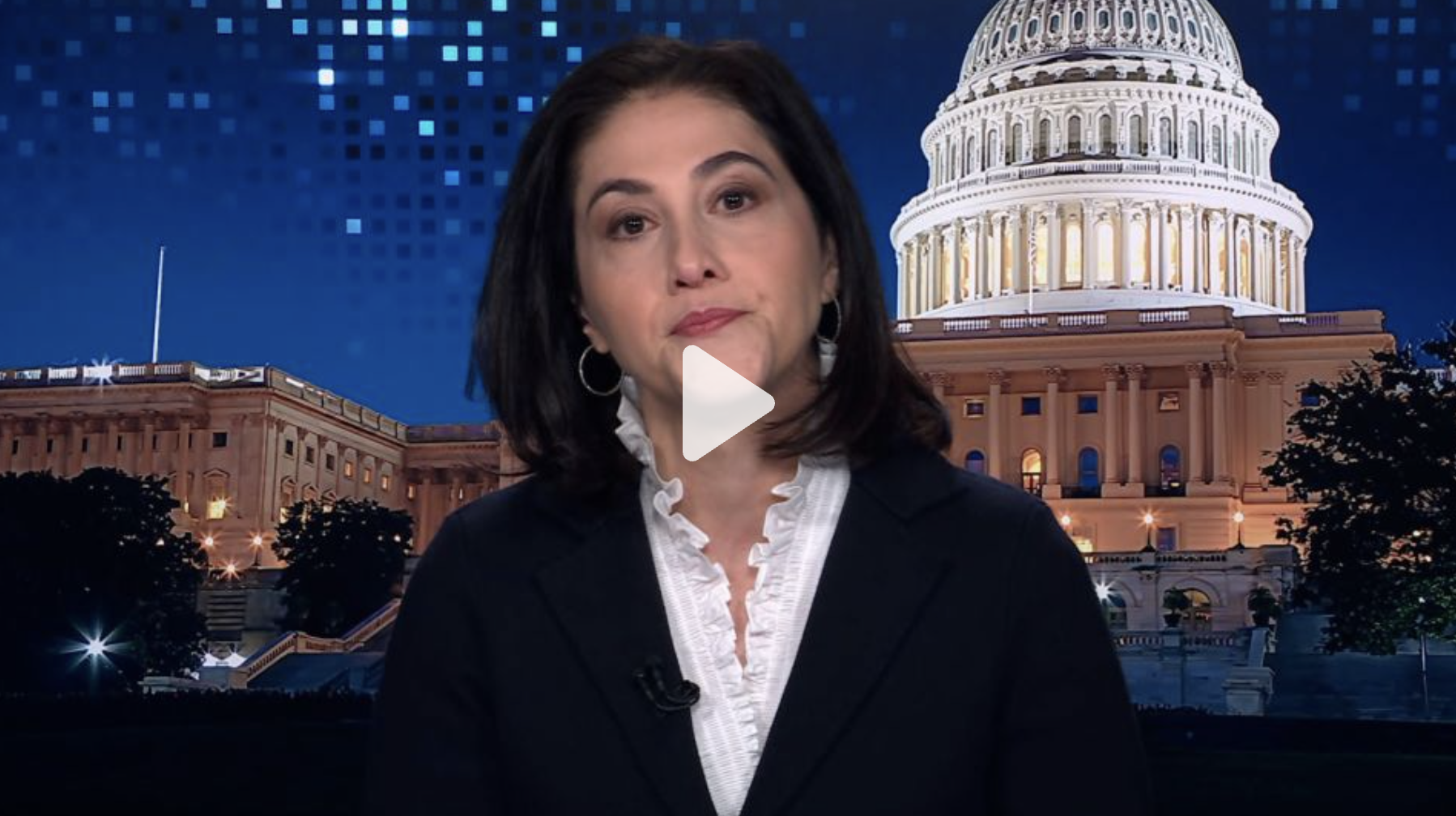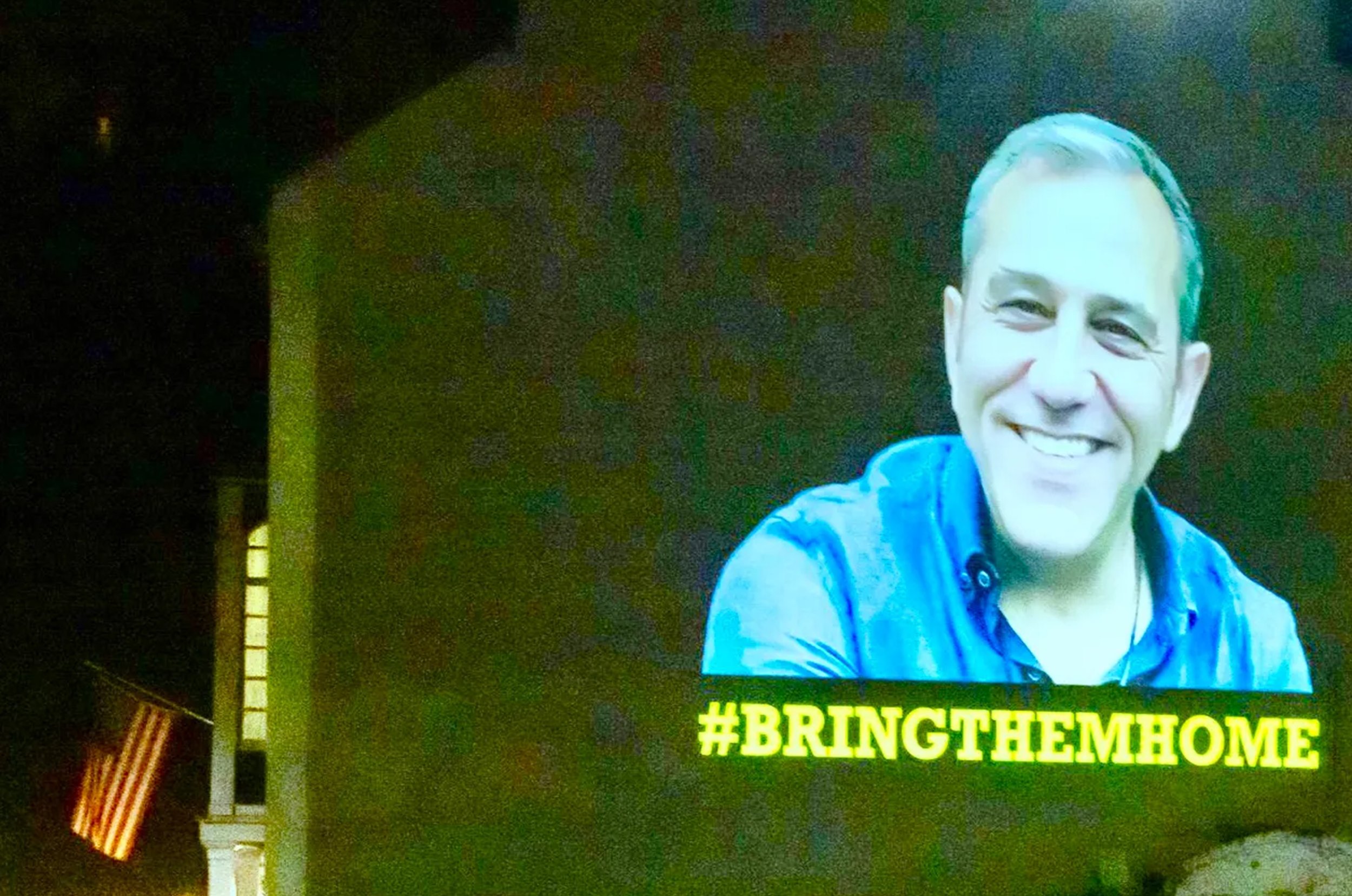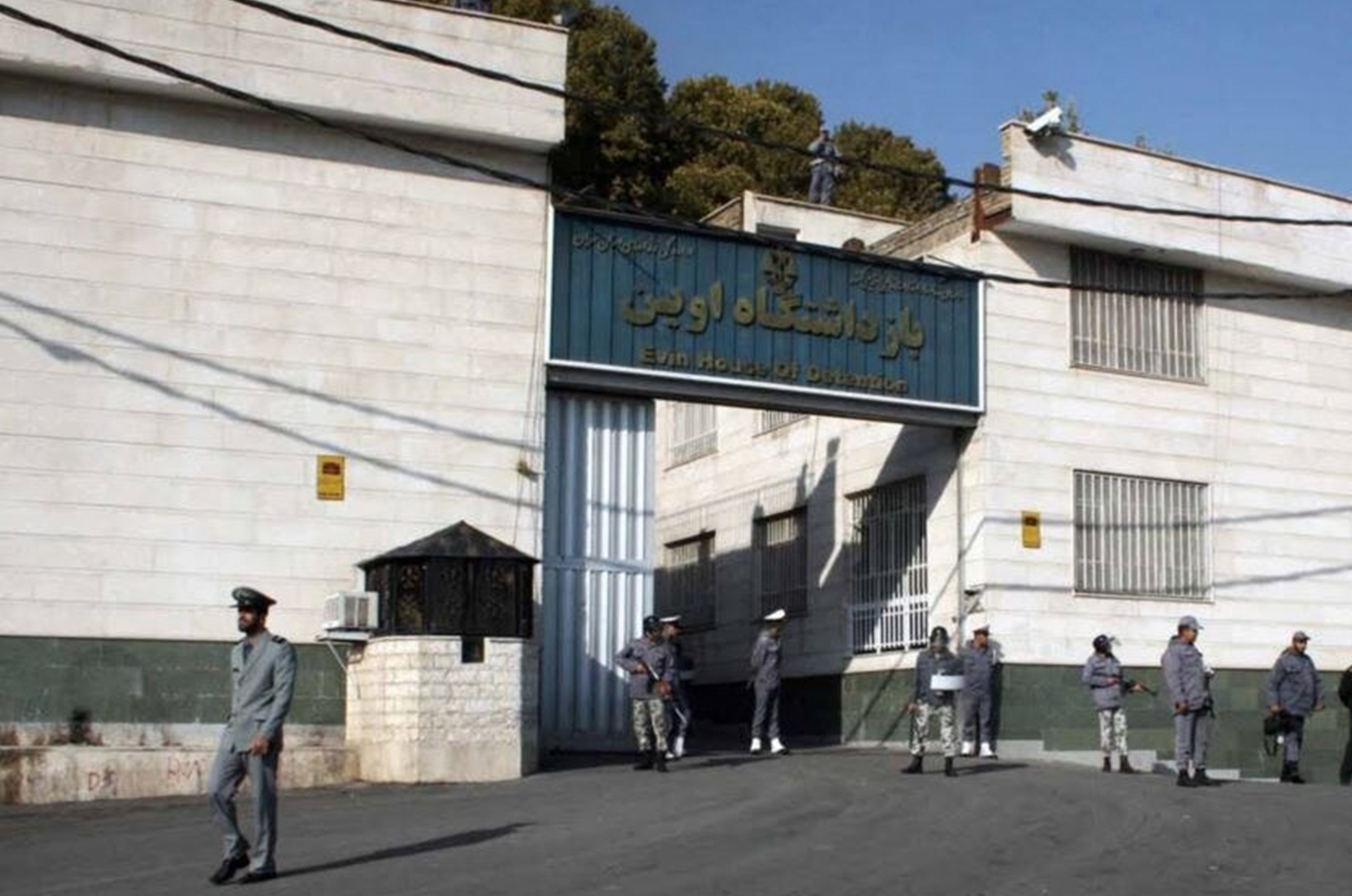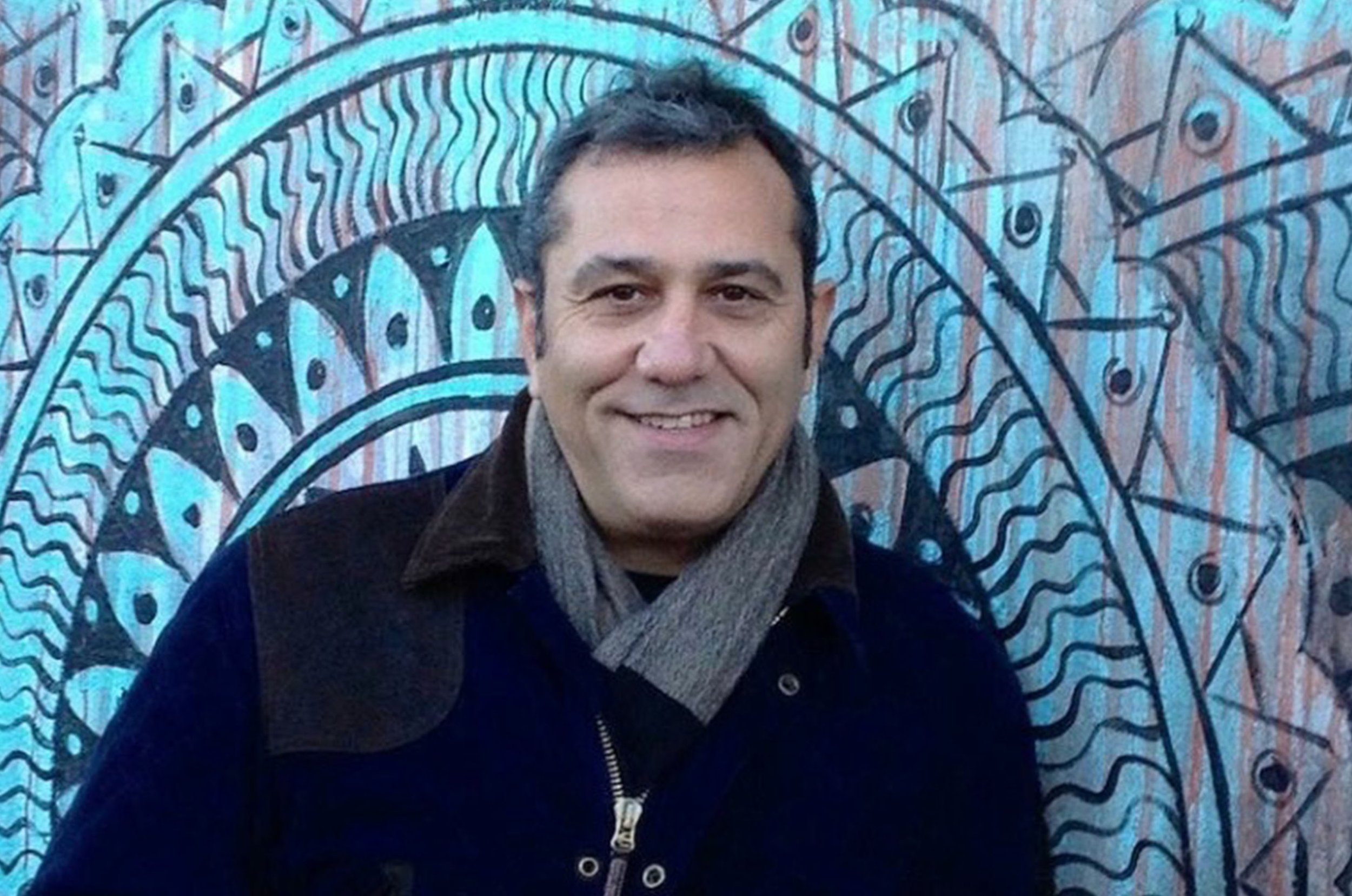Featured Press
Emad and his wrongful detention have gained national and international attention, thanks to the continued and in-depth coverage from journalists and news organizations.
NPR
Frustrated by the pace of diplomatic efforts, terrified for the mental and physical well-being of their captured loved ones, and desperate to reunite, these families have shifted strategy. Rather than not speaking out, they have decided that bringing greater attention to their plight and intensifying political pressure on the White House may just be their best and possibly last card to play.
Washingtonian
Neda says it’s particularly meaningful for this mural to be in Georgetown and in DC, Emad’s home, where she has such wonderful memories of going to restaurants and movies with him.“It really makes me feel proud to be a Washingtonian.”
The Washington Post
U.S. officials say efforts to free the Namazis, Shargi and Tahbaz will persist if the nuclear deal fizzles. As long as the two issues are separate yet related and U.S. parties remain polarized, the American captives — and their loved ones — will continue to suffer.
The New York Times
An Iranian-American couple’s relocation to Iran after their daughters went off to college in the United States was a mistake paid for in accusations of spying, murky prosecution and prison.
CNN
The family members of two Americans who were released into house arrest in Iran last week as part of a deal aimed at bringing them back home to the United States hit back at criticisms about the prospective agreement.
Spiegel International
Dozens of US citizens are currently being held in foreign prisons. Countries like Russia or Iran often use the hostages to pressure Washington. Their families feel abandoned by the government.
Scripps News
Students at American University are using social media to share stories of wrongfully detained Americans, hoping to get President Biden's attention.
Medium
In a cruel twist of fate, today will be the 4th Valentine’s Day that I will step in to help my brother’s daughters celebrate the holiday that would otherwise be filled with their father’s pink cards, candies, and sweet sentiments. This Valentine’s Day marks 1,758 days that their father, Emad Shargi, will have been wrongfully detained as an American citizen in our birth country, Iran.
People
The family of Emad Shargi, who was arrested while visiting Iran in 2018, hopes the U.S. government will "use every tool available" to bring him and all American detainees home.
NPR
Frustrated by the pace of diplomatic efforts, terrified for the mental and physical well-being of their captured loved ones, and desperate to reunite, these families have shifted strategy. Rather than not speaking out, they have decided that bringing greater attention to their plight and intensifying political pressure on the White House may just be their best and possibly last card to play.
Washingtonian
Neda says it’s particularly meaningful for this mural to be in Georgetown and in DC, Emad’s home, where she has such wonderful memories of going to restaurants and movies with him.“It really makes me feel proud to be a Washingtonian.”
Medium
Mr. President, you have shown us, through your courage in securing Trevor Reed’s release, that you can make this happen. We have seen the results of your direct intervention and engagement and are pleading with you to please do the same for Baquer, Siamak, Morad, and Emad.
Wall Street Journal
The families of four U.S. citizens detained in Iran years ago on espionage charges are appealing to President Biden to secure their release, as nuclear talks with Tehran that were expected to include their release have stalled.
Voice of America
"Like too many other families, their loved one has been treated as a political pawn," the top U.S. diplomat said in a post on Twitter. "We call on Iran to stop this inhumane practice and release Emad."
NPR
NPR's Steve Inskeep talks to Bahareh Shargi, wife of American businessman Emad Shargi, who's been held in an Iranian prison for more than three years.
CNN
As talks resumed after a six-month pause with a new Iranian team appointed by the country’s recently elected conservative government, US officials continued to insist that American hostages and the nuclear talks be kept separate.
The Washington Post
If a loved one is being held hostage by an authoritarian regime, every phone call from overseas could be proof of life. That is the reality for the families of Americans Emad Shargi, Morad Tahbaz and Siamak and Baquer Namazi, who are being held in Iran as bargaining chips in broader talks with Washington about national security. So when Bahareh Shargi, Emad’s wife, didn’t get an expected call from Evin Prison recently, she was desperate to know why:
The Washington Post
U.S. officials say efforts to free the Namazis, Shargi and Tahbaz will persist if the nuclear deal fizzles. As long as the two issues are separate yet related and U.S. parties remain polarized, the American captives — and their loved ones — will continue to suffer.
People
”It’s hard not to feel guilty,” Emad Shargi’s younger daughter tells PEOPLE. “Meanwhile our father - the one who built this all for us and made this all possible - is in a cell and sleeping on the ground when he should be here with us”
Fox News
As the Biden administration continues talks with Iran about restarting the nuclear deal, five Americans are still being held in prison by Tehran. Their families say they are human bargaining chips.
The Washington Post
Emad Shargi, an American citizen born in Iran, hasn’t been allowed to leave the country in three years.
NPR
Later this month, Bahareh Shargi will mark an anniversary: It will be three years that her husband has been stuck in Iran. Iranian authorities first imprisoned Emad Shargi, a U.S. citizen, on April 23, 2018. Though they eventually released him on bail, they did not allow him to leave the country and later returned him to Tehran's Evin prison. Now his family hopes that speaking out may help him.
The Washington Post
So it’s time for Iran’s negotiators to make a choice right now. They can engage in comprehensive negotiations to settle issues between their longtime adversary, the United States, or they can continue justifying and participating in their government’s hostage-taking racket. But they can no longer have it both ways.
The New York Times
An Iranian-American couple’s relocation to Iran after their daughters went off to college in the United States was a mistake paid for in accusations of spying, murky prosecution and prison.
NBC News
The imprisonment of a fourth American could derail a bid by the Biden administration to revive a nuclear agreement with Iran.



